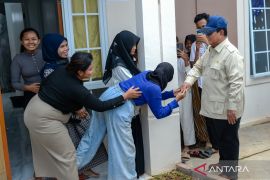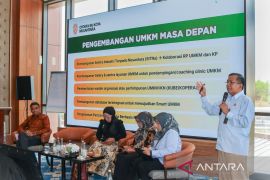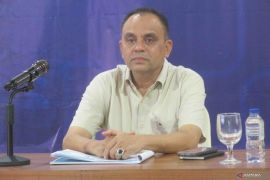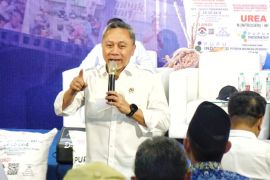Speaking to ANTARA on Friday, he said that people may anticipate that the government will limit mobility during long holidays and therefore adjust their plan to avoid the impact of such a policy.
According to Djamhari, people's mobility must be monitored on the borders between regions as well as villages and districts.
Based on previous experience, the government must tighten the monitoring of motor vehicle traffic since land travel has looser traveling requirements compared to air travel, he opined.
"If we want to learn from past experience, the implementation should be done in toll booths, in certain locations, since we know the resources of the authority are limited, so the check should be done at random," he explained.
Djamhari also stressed that the government must be careful in relaxing the policy pertaining to the restriction of people's activity in order to control COVID-19 infections.
"The implementation of policy relaxation should be done in a cautious manner since this is the moment when cases go up," he explained.
He also underscored the importance of remaining wary of a spike in people's mobility at the end of the year.
The government must also prepare health facilities to anticipate the possibility of a third wave of COVID-19 infections, he added.
Djamhari also stressed that the primary factor for success in preventing a rise in COVID-19 cases is policy implementation that involves the public.
Related news: COVID-19 Task Force increases vaccination coverage to flatten curve
Related news: Task Force necessitates use of PeduliLindungi for domestic travel
Translator: Hreeloita Shanti, Fadhli Ruhma
Editor: Suharto
Copyright © ANTARA 2021












